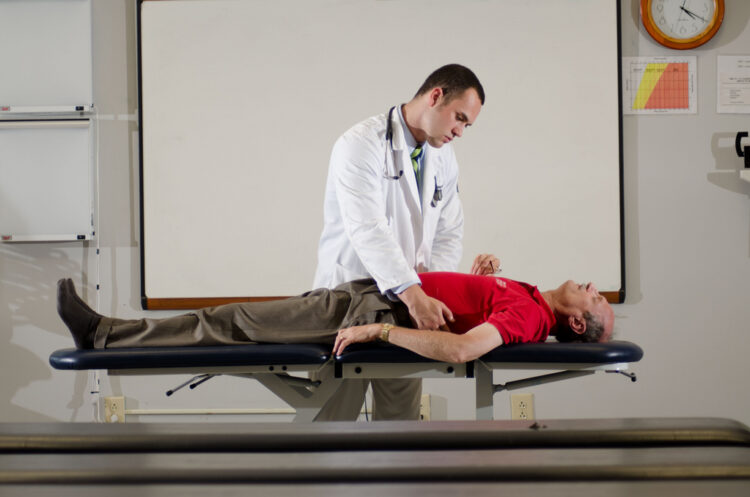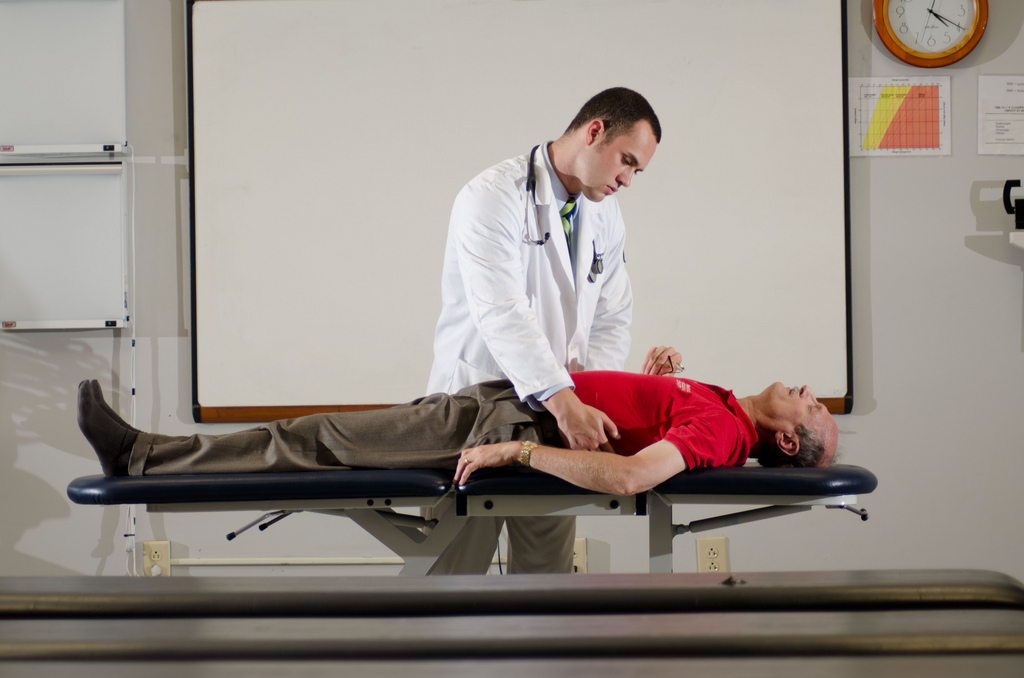1. A practical digital health fellowship for providers and post-graduates
Over the past 3 years, I have had coffee with MD’s, MBA’s, MPH’s, Phd’s etc and the one thing that has come up over and over again is that there isn’t a lot of formal opportunities out there. There is no official Clinical Informatics Fellowship across the board until 2018 (4 years away) although there are the 10 x 10′s and the grandfather clause but that and the fellowships that are available (of which there are very few) require deep CS knowledge. That doesn’t leave room for people with advanced degrees who don’t meet that requirement. There are fellowship opportunities that exist for undergrads and those in graduate school but not for post-grads. What I would like to see is a practical digital health fellowship that enables post-residency and post-grads to use their skills and their knowledge and apply them to healthcare (something like an advanced Code for America or Health for America). The current alternatives that exist are to work at a startup, found a startup, go into consulting or to go back to school and obtain more technical skills. This is fine if you can do it, but it doesn’t make sense for a lot of people who already carry the weight of six-figure student debt (and do not wish to incur more) and who have families at home. It also doesn’t make a lot of sense to turn away people from the field who are passionate about it, especially when all of the foundational work is happening in the here and now and we need the best people we can get to solve real and often daunting problems.
Image credit: CC by U.S. Department of Agriculture
2. True interoperability
I believe in the power of open source and open data. I believe that people have a right to know who has access to their data, who is using their data, and for what purpose. Information is kept in silos and “walled gardens” and “walled kingdoms” because there is no financial incentive to give up the information, however, in every way there is a huge human incentive to do so. I personally would give up my information if I knew that it would be used responsibly and for a good cause, like research or public health initiatives.
Image credit: CC by U.S. Army Europe Images
3. More women in leadership positions
This is true across all STEM fields as well as in business and government. It’s been interesting for me to float in this space, coming from programs that were led by women and where there was more of a 50-50 split amongst co-workers. I never even thought about gender but now I think about it a lot. I think it’s important to have more women in leadership positions because leadership determines what the agenda will be, what will be funded, what the future will look like. I often think it’s strange that in a space where women tend to be the primary decision-makers in a household that that is not reflected in leadership. Yes, I am aware that less numbers in the pipeline means less numbers in the output but I have met extraordinary women, both established and up and comers in this space, and I would love to see them represented in the C-suite. Thus far, I’m glad to see both men and women step up in support of this.
Image credit: CC by Naval Surface Warriors
4. A more robust representation of people involved in healthcare
A lot of times in going to conferences I see that a lot of focus is placed on providers. While I am one, and proud of that, I think it’s important to see healthcare as an ecosystem where there are many people who make valuable contributions and are integral parts to making things work. I think about allied health, integrative and alternative medicine practitioners, case workers, social workers, nutritionists etc and above all patients. It seems like sometimes talk is centered around people rather than to them and I think its important to be inclusive. We have a lot to learn from each other and because in practice, health is more like a team sport, rather than individual marathon.
Image credit: CC by International Maize and Wheat Improvement Center
5. A Hippocratic Oath for the Digital Age
I think about the idea of healthcare as a business vs. healthcare as a right a lot. Even though spending has ballooned out of control and the amount of money is equal to the GDP of some countries, there actually is a limit to resources/capital. How do we proceed in a responsible way? How do we do right by the people who count on us, patients and employees? I am a believer in conscious capitalism, that we do our best to work towards win-win situations rather than extract every last drop from another human being in pursuit of profit as an end rather than a means. In medicine, every medical student, resident, fellow, physician, takes the Hippocratic Oath. I would love to see one for the business of healthcare and in the digital age. It is possible to do well by doing good and to do good by doing well. We just have to make it the standard rather than the exception.
Image credit: CC by MilitaryHealth
Image Credit (cover): CC by Tim Gee







